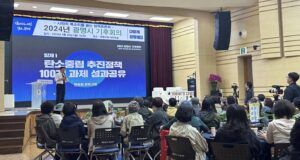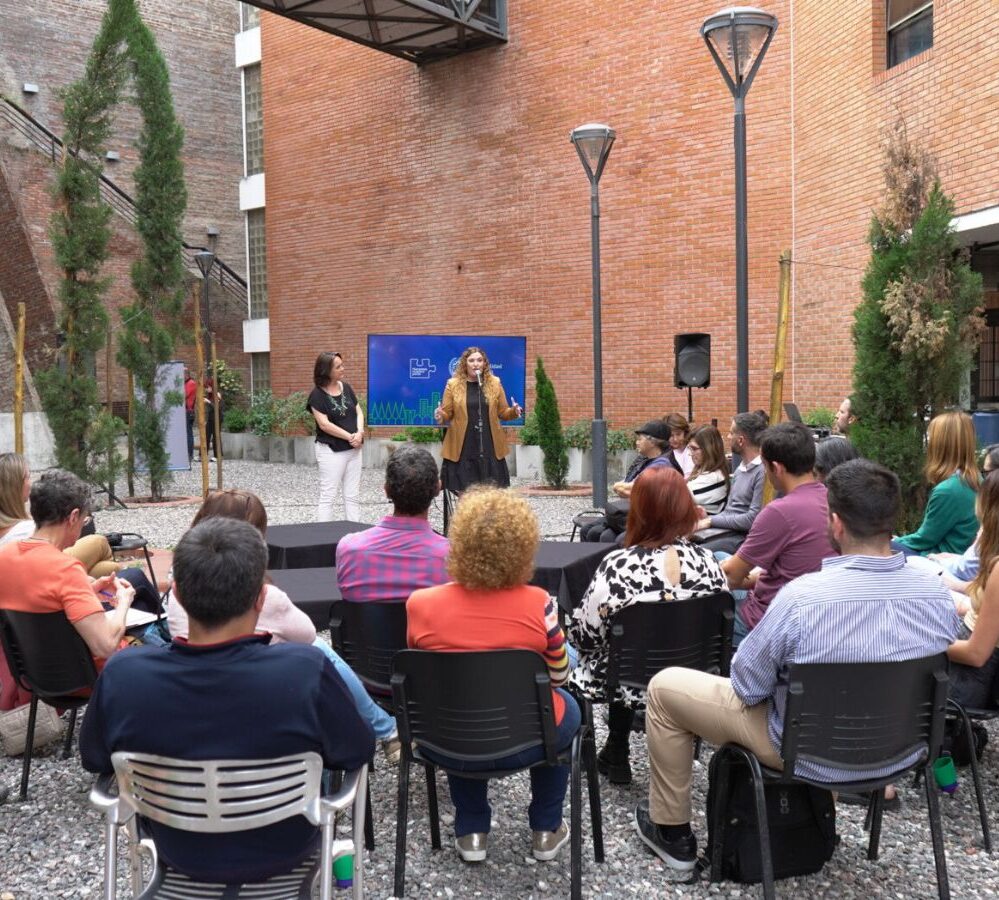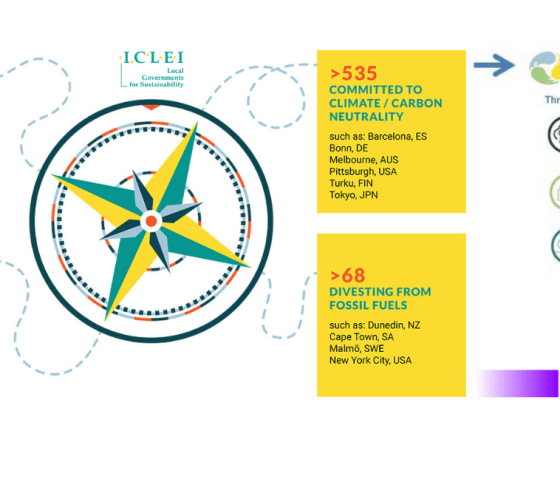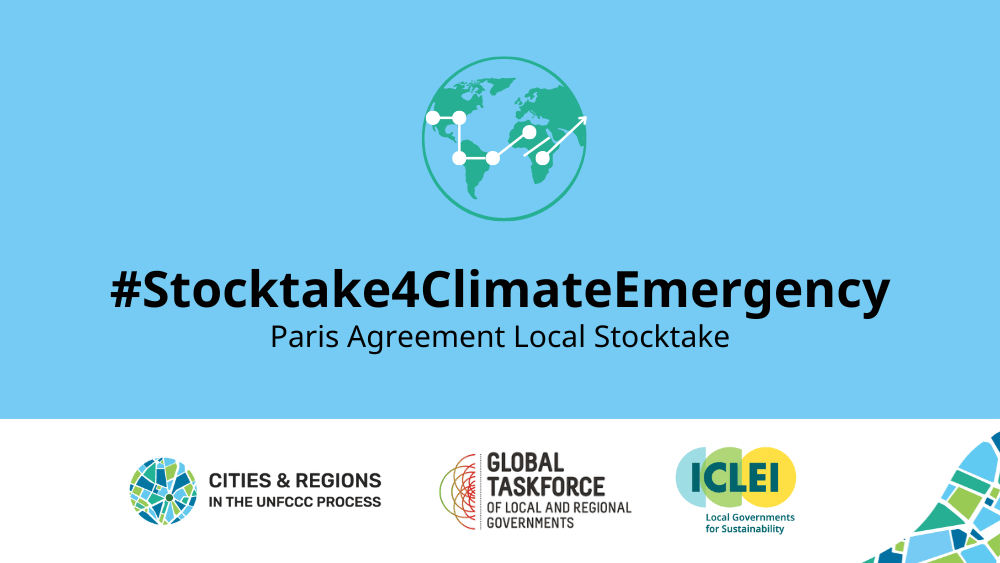Gwangmyeong City, renowned as a frontrunner in climate action, is situated in Gyeonggi Province, Republic of Korea, bordering Seoul to the East. With the ambitious goal of reducing emissions by 40% by 2030 compared to 2018 and achieving carbon neutrality by 2050, the city is committed to taking active climate actions, thus making a pioneering move among local governments in Korea.
Gwangmyeong City became the first local government in South Korea to establish a climate and energy department in 2018, laying the groundwork for driving climate policy action. Mayor Seung Won Park, concurrently serving as the climate and energy representative on the ICLEI Korea Executive Committee, has spearheaded efforts to enhance citizen engagement and set up a platform for monitoring climate policies.
Gwangmyeong City achieved a significant milestone in April by hosting its first local stocktake. Mayor Park’s decision to share the city’s climate strategies and disclose policy implementation results with citizens marked a pivotal moment.
In addition, the advocacy of Yeonhee Park, Director of ICLEI Korea, played a crucial role in urging the city to undertake this initiative, aiming to set a model for other local governments in South Korea. Director Park emphasized that it is now time for local governments to actively implement and check their progress to achieve the goal of carbon neutrality and that local governments should take the lead in proactively realizing climate action with their citizens. With this proactive approach, local governments can effectively raise their voices to call for active climate action from the central government.
To accelerate climate actions at the local level, the city enacted an ordinance to establish a stocktake platform that is open to the public and invites citizens to become key participants in discussing and monitoring climate policy plans for better implementation.
With over 100 citizens participating in the local stocktake event, there is clear evidence of high civil society interest in the city’s climate and environmental policies. The city showcased the progress on ‘Gwangmyeong Carbon Neutral Policy: 100 Tasks’ in six strategies:
(1) fostering human resources, (2) cultivating an ecosystem, (3) spreading success models, (4) establishing a foundation for policy implementation, (5) promoting citizen involvement, and (6) establishing governance.
Mayor Park reported that 14 of these tasks were completed last year, and 86 are currently ongoing. As the results of the policy implementation were transparently shared with the public, participants, including policy practitioners, citizens, and experts, were able to engage in an open discussion to share their ideas and suggestions.

Experts shared views on creating a new movement that links climate action with civic-oriented elements such as culture, well-being, and food to accelerate climate action and achieve carbon neutrality. Mayor Park stated that Gwangmyeong city will reflect on that perspective to the ‘carbon neutrality point’ project by broadening the scope of rewarding for climate action.
Citizens stated that the event helped them better understand the city’s administration and increased their willingness to participate in policy-making by providing immediate communication and answers to their questions about city policies.
Gwangmyeong City is the first local government in South Korea to conduct a local stocktake, setting a new precedent by effectively implementing policies through active citizen engagement.
Gwangmyeong Carbon Neutrality Point
The ‘Carbon Neutrality Point’ project has seen high participation from Gwangmyeong citizens, with 6,630 participants and around 150,000 instances of engagement as of 2023. This program exemplifies how climate action can be integrated into everyday life. It has also boosted the local economy by rewarding participants with local currency and points for climate-friendly actions. Most importantly, the program has raised awareness about the climate crisis and encouraged active citizen participation, fostering a citizen-led climate action culture.





